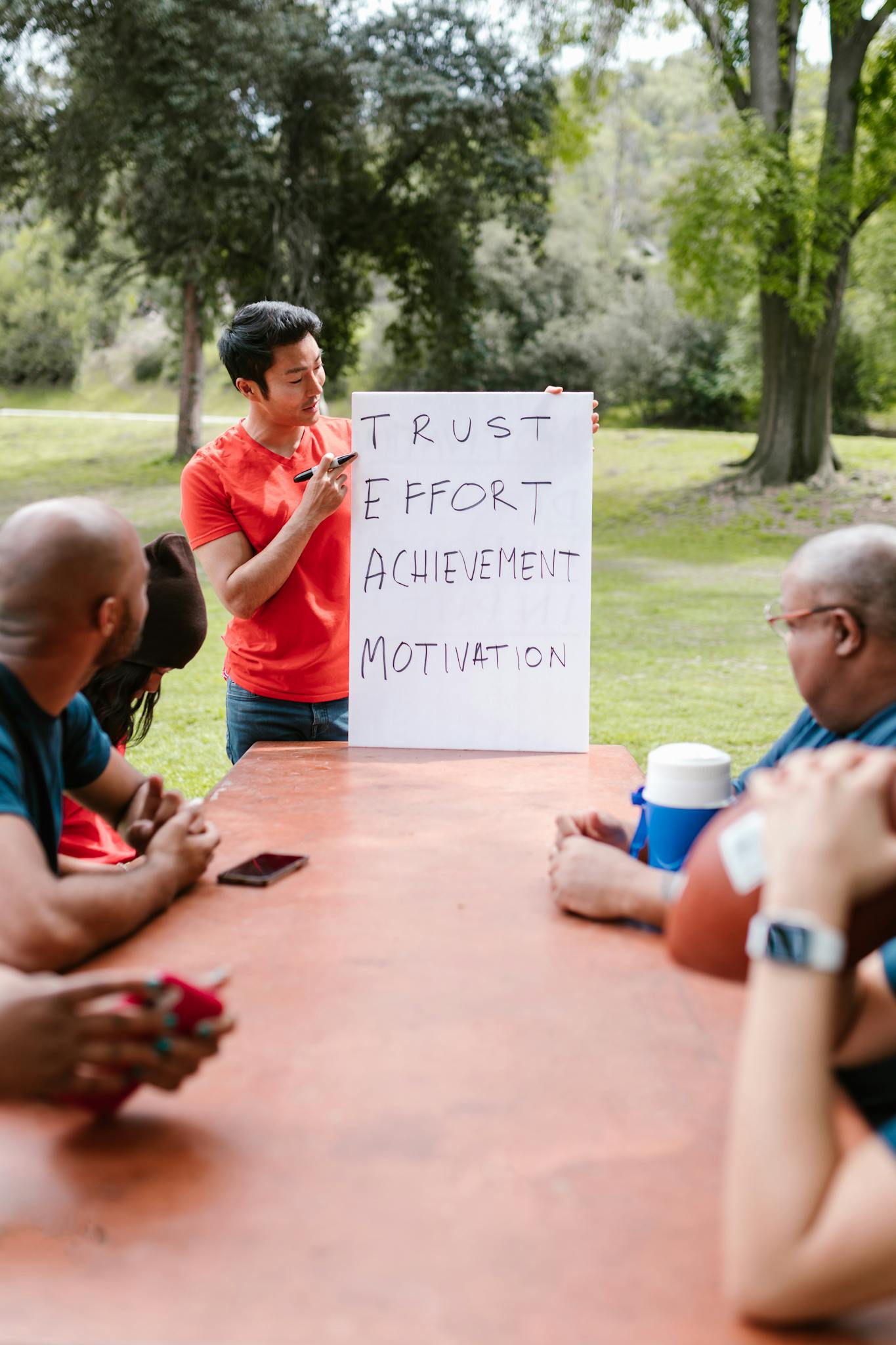Developing Emotional Intelligence for Effective Leadership
Have you ever found yourself frustrated by a team that feels disconnected or unresponsive, despite your best intentions as a leader? Perhaps you’ve wondered why your feedback isn’t landing well, or why motivation levels fluctuate unpredictably. You’re not alone. Many leaders experience these challenges, often overlooking a crucial component of successful leadership: emotional intelligence.

In today’s fast-paced, complex workplace, emotional intelligence isn’t just a nice-to-have attribute; it’s a fundamental requirement. Leaders with strong emotional intelligence can inspire trust, build cohesiveness, and drive performance, transforming good teams into phenomenal ones. This article will guide you through understanding emotional intelligence, highlight common challenges leaders face in applying it, and provide practical strategies to cultivate this indispensable capability.
Understanding Emotional Intelligence: Key to Leadership Success
Emotional intelligence, often abbreviated as EQ, involves understanding our own and others’ emotions and using this understanding to foster better relationships and decision-making. It comprises self-awareness, empathy, effective communication, and emotional regulation. Unlike IQ, EQ can be deliberately cultivated and improved over time—an empowering realization for leaders at every level.
Challenges Leaders Face Without Emotional Intelligence
Leaders lacking emotional intelligence may inadvertently foster workplaces filled with stress, confusion, and disengagement. Typical challenges include:
- Poor communication leading to misunderstandings or conflict.
- Difficulty in managing stress and personal emotions, causing impulsive decisions.
- Inability to empathize, creating an environment where employees feel undervalued and unseen.
These issues can lead to decreased morale, higher turnover rates, and ultimately diminished organizational performance.
Practical Strategies to Develop Emotional Intelligence
- 1. Commit to Deep Self-Awareness
- Self-awareness is foundational to emotional intelligence. Reflect regularly to gain clarity about your feelings, triggers, and habitual responses. Consider journaling or seeking honest feedback from trusted colleagues to illuminate blind spots.
- 2. Cultivate Empathy Through Active Listening
- Empathy means genuinely understanding and feeling other people’s emotions. Leaders must practice active listening—fully focusing, withholding judgment, and validating feelings. As leadership expert Dr. Jay Campbell emphasizes, “It’s about checking in with people on how they are doing and following up on prior discussions. The goal is to have interactions where direct reports feel seen and heard”.
- 3. Respond Thoughtfully, Not Reactively
- Emotionally intelligent leaders pause before responding to emotionally charged situations. They choose responses that balance compassion with accountability, avoiding overly permissive or authoritarian reactions.
- 4.Set Healthy Boundaries
- Establishing boundaries doesn’t undermine empathy; it sustains it. Healthy limitations protect leaders from burnout. Professional distance might feel counterintuitive, yet it ensures leaders remain effective and emotionally balanced over the long term.
- 5. Model Emotional Regulation
- Practice techniques for emotional control, such as mindfulness or breathing exercises, which can help diffuse tension and encourage measured decision-making. Leaders who regulate their emotions model stability and resilience to their teams.
Avoid Common Pitfalls in Emotional Leadership
While fostering emotional intelligence, avoid these common pitfalls:
- Mistaking emotional intelligence for emotional manipulation: EQ is authentic engagement, not strategic flattery.
- Over-identifying with employees’ emotions: Empathy is vital, but emotional resilience requires maintaining perspective and not internalizing every issue personally.
- Minimizing accountability: True emotional intelligence involves balancing empathy with clear, consistent expectations and responsibilities.
Key Insights & Practical Takeaways:
- Emotional intelligence is essential for modern leadership effectiveness.
- It can be actively developed through self-awareness, empathy, thoughtful responses, boundary-setting, and emotional regulation.
- Balance empathy and accountability to maintain team performance while supporting personal growth.
- Regular reflection and feedback sessions can significantly enhance emotional intelligence over time.
Emotional Intelligence: Your Path to Extraordinary Leadership
In a landscape where leadership challenges constantly evolve, emotional intelligence remains your steadfast ally. Leaders who dedicate energy toward nurturing this skill find themselves better equipped to inspire their teams, manage complexity, and drive exceptional organizational results.
Developing emotional intelligence doesn’t happen overnight, but your investment pays dividends far beyond immediate outcomes—it shapes cultures, transforms relationships, and elevates performance. Start now. Reflect, listen, and learn from today’s interactions. Each step forward is a powerful stride toward becoming the emotionally intelligent leader your team deserves.
About the Author
Emily Carter is a Leadership Research Analyst and contributing author at MajorLeader. With expertise in emotional intelligence and hybrid work dynamics, Emily translates the latest research into practical advice and training. Her passion lies in helping leaders build compassionate, emotionally intelligent teams that excel in today’s fast-paced world.




